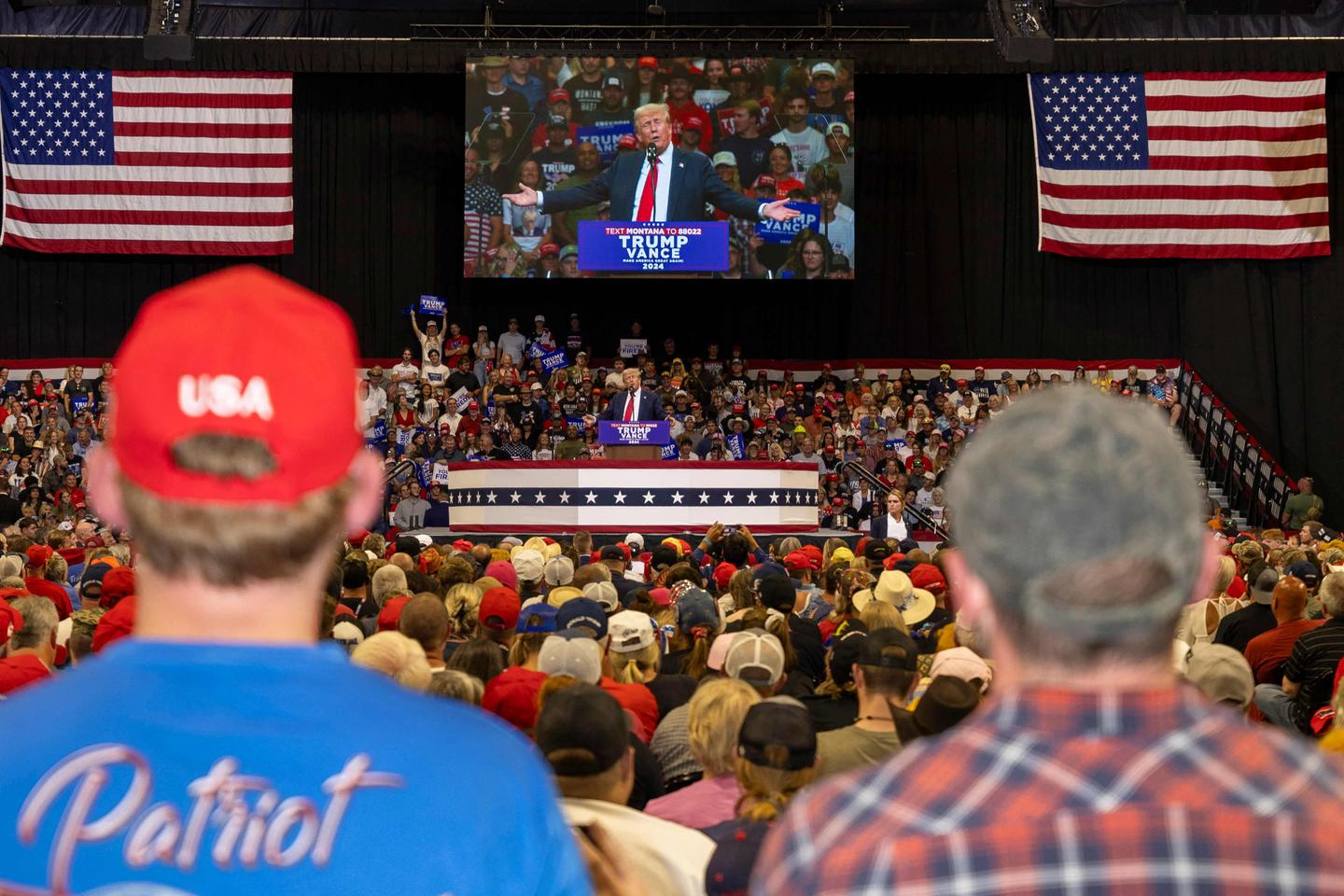


A month ago, on July 13, Donald Trump miraculously escaped unscathed from an assassination attempt during an election rally in Pennsylvania. This failed attempt and his spectacular fist-in-the-air reaction to the shots that slightly wounded him, but killed one of his supporters, won him widespread sympathy. His near-death experience offered the ex-president a unique opportunity to gain perspective and rally a majority of his fellow citizens behind him in speaking out against violence in politics, which often begins with the violence of words.
This opportunity was missed, and the sudden promotion of Kamala Harris as the Democratic Party's candidate for the November 5 presidential election in place of Joe Biden, following the incumbent president's withdrawal from the race, partially offered US voters the renewal they were desperately hoping for. It avoids a repeat of the 2020 campaign pitting the two oldest candidates in US history against each other.
Destabilized, Trump fell back into his worst habits: getting lost in his abstruse diatribes, stigmatizing an opponent whose name he takes pleasure in butchering, feeding the most absurd conspiracy theories to contest the reality of the public's enthusiasm for Harris and made obvious by the thousands of people who now flock to her rallies.
Trump appears more than ever as the man of a single type of campaign, that of 2016, in which he presented himself as a new man, with no political past, as a maverick skillfully playing on the public's rejection of elites and the identity anxiety fueled by the changing demographics of the US. Today, however, this is a difficult position to maintain.
The Republican Party is totally devoted to him, as is the conservative media, led by the behemoth Fox News. He has the blind support of a network of conservative think tanks, to the point of having to distance himself from the radical program concocted for him by one of them, the Heritage Foundation.
He also enjoys the ostentatious support of the world's richest man, Elon Musk, the self-proclaimed defender of freedom that only ends where his financial interests begin, and influential owner of the powerful social network X, where free rein is given to far-right ideology. The interminable conversation between the two men on August 12, threaded with complacency and connivance, was an enlightening illustration of this.
The anti-system candidate has become a candidate of the establishment, which has rallied behind him. This complicates the strategy that enabled him to attract former Democratic voters in 2016. He played the protectionist card, which the Democratic Party has since reappropriated.
His promises in this area would boost inflation at the expense of the less fortunate. Promised tax cut extensions would once again benefit the wealthiest, and further cuts would put certain social programs in peril. As for the promise of mass deportations of undocumented immigrants, the voter of 2024 can legitimately wonder whether it would suffer the same fate as his 2016 promise of making Mexico fund − against its will − the building of a "wall" on its border with the United States.
